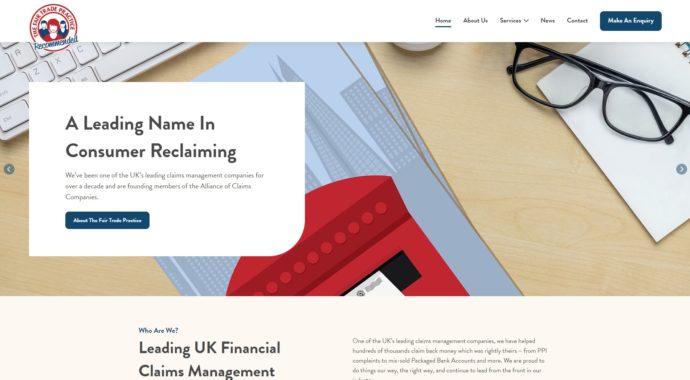An investigation into the way in which Barclays raised investment from the Middle East during the financial crisis is to be re-opened by the Financial Conduct Authority (FCA).
As a result of a 2013 probe the bank was due to be fined £50m by the FCA over the way in which they raised almost $12bn from Qatar and Abu Dhabi.
That punishment has been on hold pending a linked investigation from the Serious Fraud Office (SFO), but with the city financial watchdog re-opening their original case that £50m figure could be set to rise.
Based around funding secured in 2008 to try and avoid a government bailout, the claims are that the bank acted ‘recklessly’ and failed to disclose fees paid to the Qatari investors who sent funds to the bank twice in less than six months.
There is also a further legal battle raging at the High Court regarding the transactions, as a UK-based firm is claiming they were not paid for helping to arrange one of the deals with investors from Abu Dhabi.
Spokesmen for both the FCA and Barclays declined to comment to the media, but if the SFO find against them the bank could face criminal prosecution.
It is another example of Barclays struggling with legacy misconduct issues, having already received fines from the FCA for ‘poor handling of financial crime risks’ and from the Swiss Competition Commission for their role in the rigging of interest rates.
This is also in addition to being the second biggest contributor out of all the UK’s banks to the Payment Protection Insurance (PPI) mis-selling scandal, setting aside £8.5bn so far to compensate mis-sold customers.
It is estimated that £50bn worth of PPI policies were sold in total in the UK over the past 10-15 years and figures from the Financial Conduct Authority (FCA) show almost half that amount still remains unclaimed.
The FCA confirmed a deadline on all new PPI claims for August 2019 earlier this month in an attempt to bring an end to the mis-selling scandal, despite concerns from some commentators that many people would miss out on their chance to claim.



